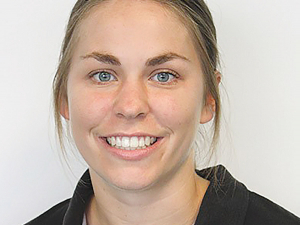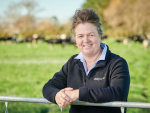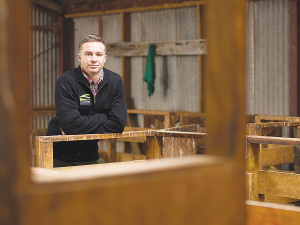Mastitis control must be front of mind for farmers preparing to dry off cows for winter.
It’s best practice only to use antibiotic dry cow therapy (DCT) to treat cows that display mastitis symptoms. For other animals, use alternatives such as internal teat sealants to prevent mastitis infection.
Interestingly, research has found that internal teat sealants are just as effective as DCT. They reduce rates of new infections over the dry period and reduce rates of clinical mastitis in the subsequent lactation.
Here are a few tips when using ITS:
• use good hygiene practices to avoid pathogens being introduced into the mammary gland
• work with your vet to ensure anyone administering ITS receives thorough training first.
How do you determine which cows need antibiotic DCT versus ITS?
The best way to identify which cows need antibiotics is to individually test your herds SCC, which can be done through a herd test or culture test by a vet.
A good case study is Manawatu dairy farmer Christine Finnigan who used milk testing to improve her mastitis control.
Finnigan two years ago was having to treat up to a quarter of her herd (about 50 cows) with antibiotic DCT, but this year she’s only had to use it to treat five cows.
She achieved these results thanks to the support of her local vet who recommended she milk test cows with mid-high SCC to identify the type of bacteria causing the infection and develop a tailored treatment plan based on the results.
She believes it’s equally important to target cows with a mid SCC, which can sometimes “go under the radar” as they pose just as big a risk to infect other cows with Staph aureus as those with a high SCC.
Finnigan used internal teat sealants for her whole herd and followed best management practice in the milking shed to avoid mastitis.
She recommends farmers talk to their vet about the benefits of milk testing as part of their strategy to prevent mastitis.
“If you don’t know what’s causing it, it’s difficult to deal with it. Milk sampling has given us a lot of information that’s been really helpful and given us a pathway to reduce our SCC and the use of antibiotics.”
She says the milk sampling was relatively inexpensive and saved her money in the long run.
“Milk tests (through our vet) cost about $10 a sample, whereas the cost of DCT antibiotics is about $12 a cow. It’s worth doing as you’ll save 30% of your cows needing antibiotics. You’ll be in no worse a position this year and in a better position next year.”
“Our average bulk SCC used to be about 150,000 cells/ML, which wasn’t bad. But we’ve managed to drop that even lower, to less than 100,000 cells/ML.”
For more information on drying off and preventing mastitis visit dairynz.co.nz/mastitis
• Kate Stewart is a DairyNZ consulting officer in Palmerston North.


















